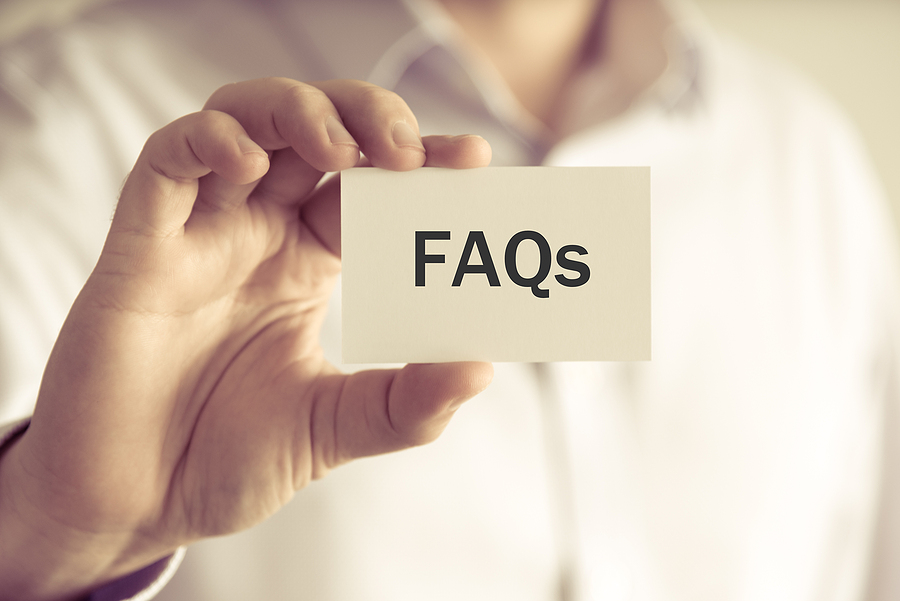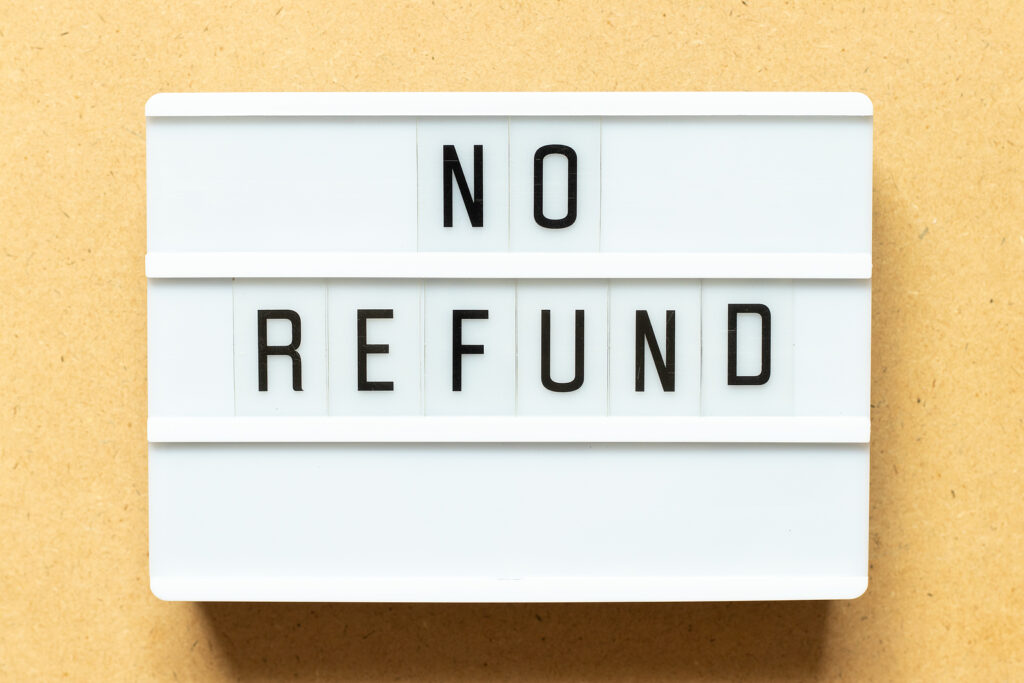Navigating the criminal justice system is a deeply stressful experience. Alongside legal battles and the emotional toll of the process, criminal defendants in Indianapolis also face a lesser-known but significant challenge—court fees. These fees can quickly add up and become a daunting burden for individuals and families already coping with a complicated legal situation.
This blog aims to shed light on common court fees faced by criminal defendants in Indianapolis, what they entail, and how they impact residents. We’ll also explore resources available to those struggling to manage these fees and provide practical tips to minimize financial stress.

The 101 on Criminal Court Fees in Indianapolis
Court fees are charges imposed by the criminal justice system that defendants must pay to help cover costs such as administrative work, court maintenance, and legal proceedings. From filing paperwork to probation supervision, these fees fund essential components of the judiciary system.
For criminal defendants, these fees are in addition to other potential financial obligations like legal representation, fines, or restitution payments. Understanding the nature of court fees in Indianapolis is crucial for anyone involved in the legal process.
The Debate Surrounding Court and Legal Fees
While these fees are meant to support the administrative needs of the court, they can inadvertently place a significant financial strain on individuals. Many criminal defendants already face economic hardships, which makes these charges even more burdensome. This has become a topic of concern nationwide, and Indianapolis is no exception, making it essential for defendants to be aware of what they might face and how to prepare.
Typical Court Fees You Might Pay as an Indianapolis Criminal Defendant
Defendants in Indianapolis encounter a variety of fees during their interactions with the criminal justice system. Below is a detailed breakdown of the most common ones.
Filing Fees
Filing fees are some of the most basic charges levied in criminal cases. These fees are required to file paperwork related to court proceedings, such as requests, motions, or appeals. For misdemeanor cases, the filing fee is usually smaller, but more serious charges can result in higher fees.
Typical range in Indianapolis: $100 – $150.
Jury Fees
If a case goes to trial and a jury is involved, defendants may be required to pay jury fees. These fees are designed to offset the costs associated with jury selection and deliberation.
Estimated cost in Indianapolis: $100 – $500, depending on the case.
Probation Fees
Defendants sentenced to probation instead of jail time are often required to pay monthly supervision fees. These fees are meant to cover the cost of monitoring and maintaining probation services.
Typical monthly probation fee in Indianapolis: $50 – $100.
Public Defender Fees
While public defenders are meant to provide free legal representation to those who cannot afford private attorneys, the system in Indianapolis may charge administrative fees to defendants who use these services.
Average public defender administrative fee in Indianapolis: $100 – $200.
Electronic Monitoring Fees
For certain cases, defendants may be required to wear an electronic monitoring device, such as an ankle bracelet. This typically comes with a daily charge that adds up quickly over time.
Average cost in Indianapolis: $10 – $15 per day.
Victim Assistance Fees
Criminal defendants may be required to contribute to a victim assistance fund. This fee supports programs and services for victims of crimes.
Standard victim assistance fee in Indianapolis courts: $50 – $100.
Miscellaneous Administration Fees
Additional fees for record-keeping, processing documents, or other court-related activities may also be added, depending on the specifics of the case.
The Impact of Court Fees on Defendants
Court fees often become a source of significant financial strain for defendants and their families. Many individuals who face criminal charges are already in challenging financial situations, which makes paying these additional costs even more difficult.
Consequences of Unpaid Fees
Failure to pay court fees in Indianapolis can lead to severe consequences, such as:
- Additional late fees or penalties.
- Difficulty completing probation requirements, leading to extended monitoring periods.
- Possible court actions or garnishments.
For some defendants, the inability to pay these fees creates a long-lasting ripple effect, impacting credit, employment opportunities, and even housing options.
Resources and Assistance for Court Fees in Indianapolis
Fortunately, there are resources available to help individuals manage or reduce these financial burdens. Below are some options for assistance:
Legal Aid Societies
Organizations like Indiana Legal Services offer free or low-cost legal assistance to low-income individuals. They may also help defendants negotiate or reduce their court fees.
Community Support Programs
Local nonprofit organizations, such as the John Boner Neighborhood Centers, sometimes provide financial counseling and assistance specifically for criminal court costs.
Payment Plans
Indianapolis courts sometimes allow defendants to set up payment plans to break down larger fees into manageable monthly payments. You may need to file a formal request with the court to initiate this process.
Fee Waivers
For those experiencing severe financial hardship, it’s possible to apply for a fee waiver. These waivers are typically reserved for very specific situations, so be sure to seek professional legal guidance when applying.
Strategies for Managing Court Fees Effectively
If you find yourself facing court fees, here are some strategies to better manage the financial responsibility:
☑ Understand All Costs Upfront
Request a comprehensive breakdown of all associated court fees early in the process. Understanding the total costs can help you plan ahead.
☑ Work With a Legal Advisor
If possible, consult with a legal advisor or attorney who can help you navigate the system and potentially reduce fees.
☑ Set Up a Payment Plan with the Court
If you can’t pay your fees in one lump sum, inquire about payment plan options to avoid penalties for late payments.
☑ Explore Local Financial Assistance
Reach out to nonprofits and community organizations that offer financial aid or legal assistance in Indianapolis. Many have dedicated programs to help with court-related expenses.
☑ Budget Accordingly
Adjust your household or personal budget to allocate funds specifically for court fees. By prioritizing these payments, you can avoid additional late fees or actions.
☑ Advocate for Change
Consider engaging in community initiatives that advocate for fairer handling of court fees and the development of alternative methods that do not disproportionately penalize low-income defendants.
Final Thoughts
Understanding court fees in Indianapolis can make a world of difference when navigating the criminal justice system. By knowing what fees to expect, seeking available assistance, and proactively managing payments, defendants can protect their financial well-being during an already challenging time.
If you’re currently facing court fees and feeling overwhelmed, don’t hesitate to reach out to local resources or speak with a legal expert. Knowledge and preparation are your most powerful tools in this process.
If you need to get someone out of jail, even if that someone is you, we can help get the job done fast. Contact Woods Bail Bonds at 317-876-9600 for fast and secure bail bond service in Indianapolis and its surrounding counties. We also offer pre-arranged bail assistance for arrest warrant surrenders.
Related Posts:
Comprehending the Costs and Fees Associated with Bail Bonds
Navigating Bail Bond Prices in Indiana: A Comprehensive Guide
Understanding Bail Bonds in Indiana: From Costs to Co-Signing










